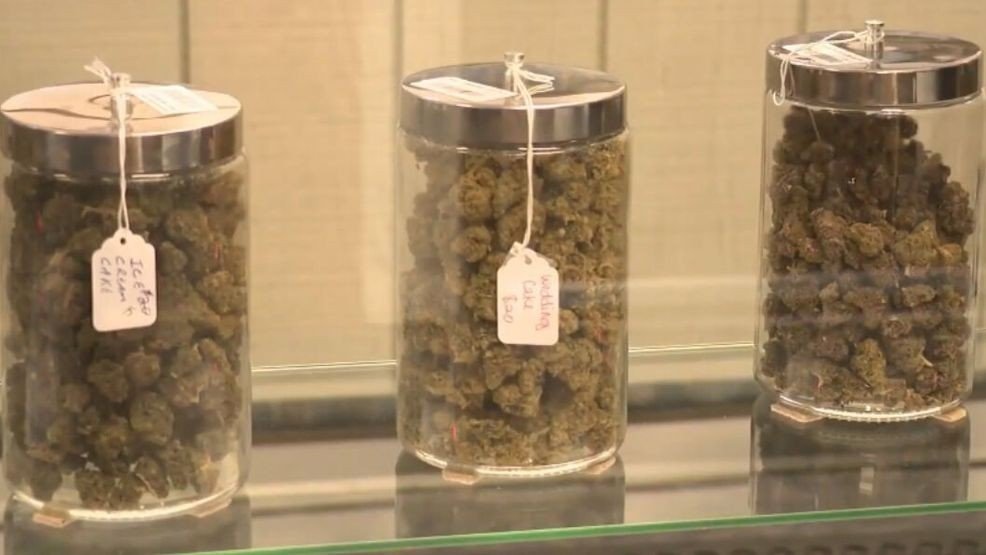Minnesota’s adult-use cannabis market is set to adopt a model similar to its renowned craft beer industry. The state’s two licensed medical marijuana operators, Green Thumb Industries and Vireo Growth, are barred from transitioning to recreational cannabis licenses. This decision stems from lawmakers’ intent to prioritize small, independent businesses in the emerging market.
In states that have legalized adult-use cannabis, existing medical marijuana operators often convert their licenses to recreational use, ensuring a steady supply for initial sales. However, Minnesota’s approach emphasizes creating a craft cannabis market, akin to the local microbrewery scene. Jason Tarasek, a partner at Vicente in Minneapolis, noted that some lawmakers perceive medical cannabis companies as large-scale operators that do not align with the state’s craft ethos.
To foster a craft cannabis industry, Minnesota’s regulations do not limit the number of microbusiness licenses available. These microbusinesses can cultivate, manufacture, sell, and buy marijuana products, including lower-potency hemp edibles. They are also permitted to operate on-site lounges for consumer use, although they can opt to focus solely on cultivation.
The application process for a microbusiness license is straightforward, featuring a $500 application fee and an annual renewal cost of $2,000, making it accessible for new entrants. Leili Fatehi of Blunt Strategies emphasized that this structure minimizes the risk for those starting microbusinesses, allowing more individuals to participate in the industry.
With the rules for adult-use cannabis established, Minnesota is poised to begin the licensing process. Fatehi mentioned that cultivation licenses will likely be the first issued, enabling businesses to build their operations in preparation for retail and manufacturing.
Additionally, the state’s 11 tribes are expected to contribute to the cannabis market once they finalize compacts with the governor. Mitch Chargo, a cannabis law expert, explained that tribes have been cultivating and selling cannabis on their lands and will soon be able to extend these operations beyond their reservations. The compacts will define the number of retail locations and cultivation sizes permitted off-reservation.
A bill currently in the legislative process may allow the two medical marijuana companies to manufacture or deliver cannabis products to other businesses, recognizing a potential supply shortage in the market.
Despite the introduction of adult-use cannabis, the existing hemp-derived THC beverage market in Minnesota is likely to remain stable. Minnesota has allowed the sale of beverages and gummies with up to 5 milligrams of hemp-derived THC in liquor stores and adult-use shops for nearly three years. Tarasek highlighted the success of this market, which lawmakers aimed to preserve during the legalization process.
While hemp product manufacturers must now secure a license—previously, they only needed to register—the entry barriers remain low. Tarasek pointed out that as consumer habits evolve, some regular users may seek higher milligram options, which adult-use cannabis can provide.
With the Minnesota Office of Cannabis Management having published its rules, compliance is now critical. The rules encompass everything from cultivation plans and security measures to packaging requirements. Chargo stated that adhering to these regulations is essential to protect licenses and investments, emphasizing the importance of proper operational practices to avoid losing business licenses due to noncompliance.
As Minnesota’s cannabis market develops, the framework aims to ensure that it reflects the state’s commitment to small businesses and responsible cannabis culture, positioning it as a unique player in the broader cannabis landscape.



